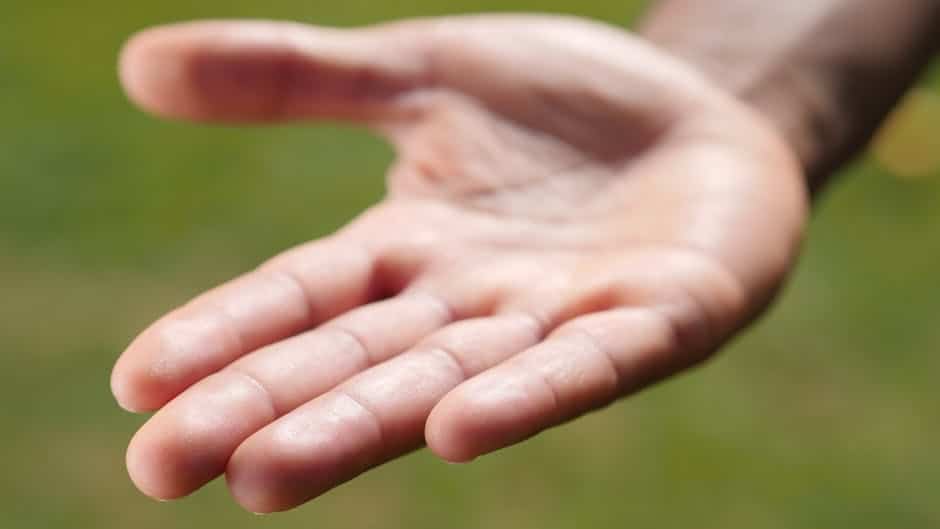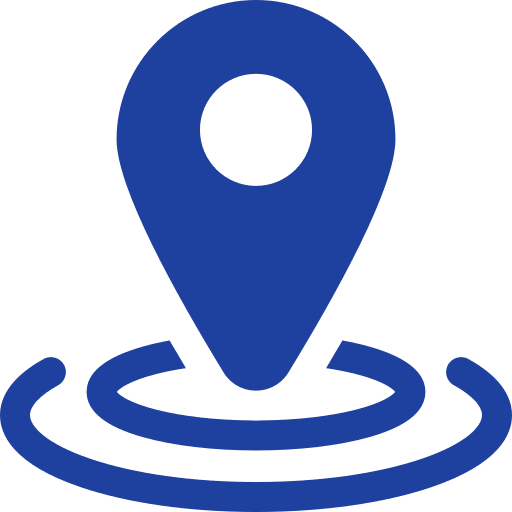
The First Step on Your Path to Freedom
Drug detox treatment centers provide medically supervised care to help you safely withdraw from substances and begin your recovery journey. Here’s a quick guide to your options:
- Inpatient Detox Centers: Offer 24/7 medical supervision, ideal for severe addictions.
- Outpatient Detox Programs: Provide flexibility to maintain daily responsibilities.
- Medication-Assisted Treatment (MAT): Uses FDA-approved medications to ease withdrawal.
- Specialized Programs: Offer custom care for specific substances or demographics.
In 2023, 46.3 million Americans struggled with a substance use disorder, and over 300 people die from overdose each day. Behind each number is a person searching for a way out. Finding help can feel overwhelming, but this guide cuts through the confusion. We’ll explain what detox involves, the types of centers available, and how to find a reputable program that fits your needs.
Recovery is possible. Detox is the crucial first step that helps your body safely eliminate substances while managing withdrawal symptoms under medical supervision. At Addiction Helpline America, we’ve spent years connecting individuals with the right drug detox treatment centers for their unique situations. Our experienced team provides confidential guidance 24/7 to help you take that critical first step.
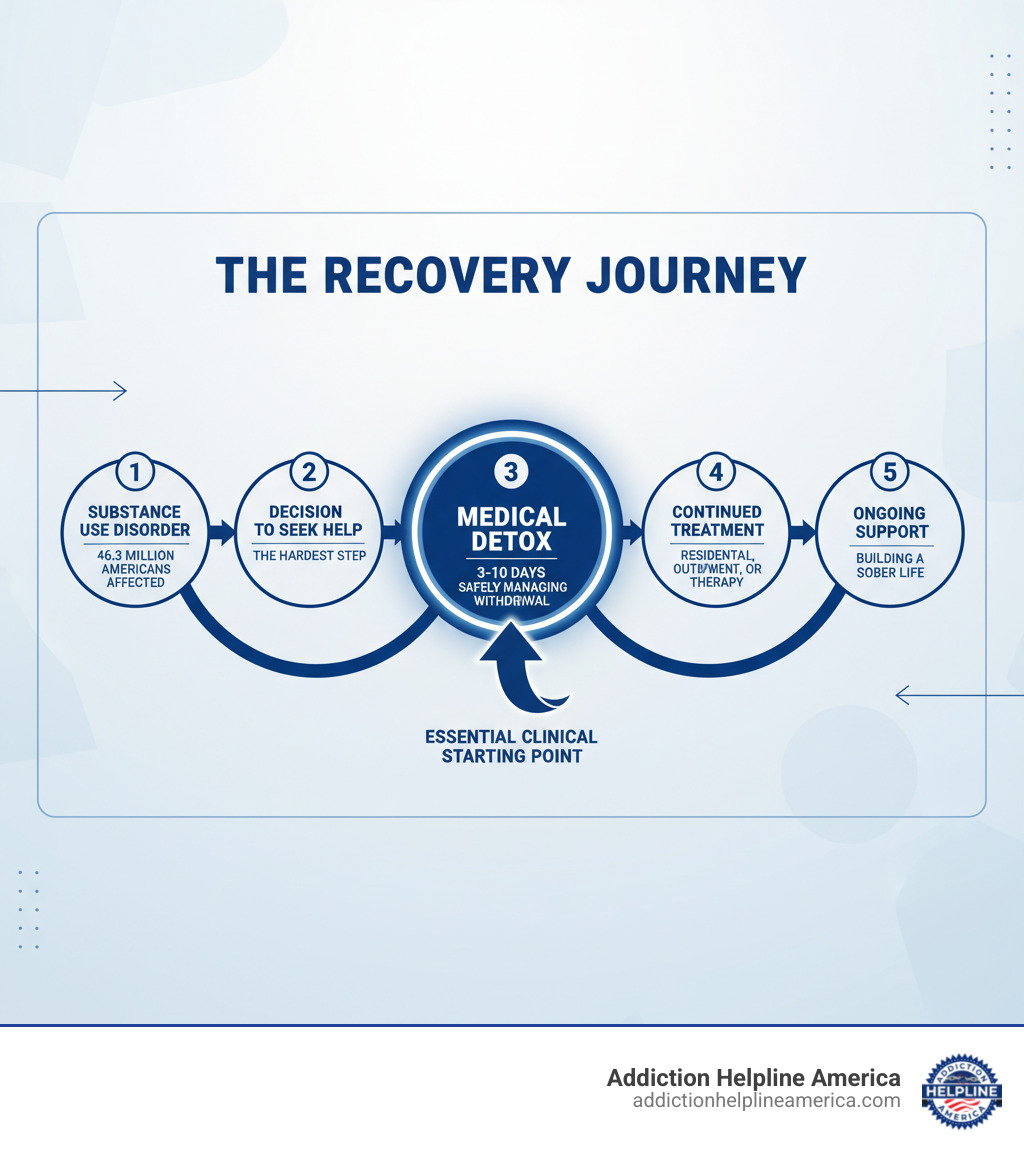
Drug detox treatment centers glossary:
Understanding Drug Detox: The Crucial First Step to Recovery
If you’re ready to break free from addiction, the first step is drug detox. Detoxification is the process of safely removing drugs or alcohol from your body while medical professionals manage the withdrawal symptoms. It’s not a cure, but it’s the essential foundation for recovery.
Your body adapts to the constant presence of a substance. When you suddenly stop, your system goes into shock, causing withdrawal. This process can be deeply uncomfortable and even dangerous. Drug detox treatment centers are critical because they provide 24/7 medical monitoring, medications to ease symptoms, and immediate care for any complications.
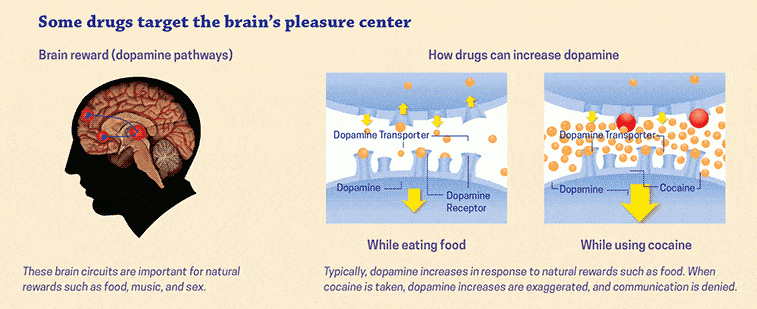
Detox addresses physical dependence—your body’s need for the drug. However, addiction also involves psychological dependence, which requires further treatment to address triggers, cravings, and underlying issues. Detox gives you a clean slate so you can begin the deeper work of recovery.
To dive deeper into what the detox process involves, check out our comprehensive guide on Detox Treatment.
Common Withdrawal Symptoms You Might Face
Withdrawal symptoms vary depending on the substance, but professional help is essential for safety and comfort. Attempting to detox at home is dangerous, especially with alcohol and benzodiazepines.
- Opioids (Heroin, Fentanyl, Painkillers): Symptoms often resemble a severe flu, including nausea, vomiting, muscle aches, sweating, intense cravings, and anxiety.
- Alcohol: Withdrawal can be life-threatening. It may start with tremors and anxiety but can escalate to seizures and delirium tremens (DTs), which can be fatal without medical intervention.
- Benzodiazepines (Xanax, Valium): Similar to alcohol, withdrawal can cause severe anxiety, panic attacks, and seizures. Stopping abruptly can be deadly, requiring a careful, medically supervised taper.
- Stimulants (Cocaine, Meth): The psychological toll is severe, with crushing fatigue, deep depression, paranoia, and intense cravings.
Across all substances, you may experience physical symptoms like nausea, sweating, tremors, and headaches, along with psychological symptoms like anxiety, depression, insomnia, and overwhelming cravings. Professional drug detox treatment centers provide the medical supervision and support to manage these symptoms safely.
For more context, see our guide on The Most Addictive Drugs.
Call Now – Your Journey to Recovery Begins Today!

Take the first step towards a healthier life! Call now to connect with our compassionate team and start your recovery journey today. Your path to healing awaits!
Our recovery specialists are available 24/7 to provide support, and all calls are confidential and free. Reach out anytime – we’re here to help!
The Typical Detox Timeline
How long does detox take? It depends. The acute phase typically lasts 3 to 10 days, but this is influenced by several factors:
- The type of substance: Alcohol withdrawal often peaks in 24-72 hours, while opioid withdrawal may last 5-7 days. Benzodiazepine withdrawal can be much longer.
- Duration and amount of use: Longer, heavier use generally leads to a more extended detox period.
- Individual health: Your metabolism, physical health, and any co-occurring mental health conditions affect the timeline.
During the first few days, symptoms are usually at their peak, and medical staff will monitor you constantly. As the week progresses, physical symptoms begin to ease, and the focus shifts toward stabilization and planning for continued treatment. Throughout this process, you are never alone. Medical professionals are there to keep you safe and as comfortable as possible.
Navigating Your Options: Types of Drug Detox Treatment Centers
Not all drug detox treatment centers are the same, which is a good thing because there is no one-size-fits-all solution for recovery. The best program for you depends on the substance used, the severity of your addiction, your overall health, and your home environment.
At Addiction Helpline America, we help people find the right level of care. Understanding your options is the first step in making an informed decision.
For a broader look at treatment beyond detox, explore our guide: Types of Treatment Programs.
Inpatient vs. Outpatient Detox: Which is Right for You?
The biggest decision is choosing between inpatient and outpatient detox. Inpatient detox provides 24/7 medical supervision in a structured, trigger-free facility. It is essential for high-risk withdrawals (alcohol, benzodiazepines), severe addictions, or those with co-occurring health conditions. Outpatient detox allows you to live at home while attending regular medical check-ups, which works best for mild addictions and those with a strong, stable support system.
| Feature | Inpatient Detox | Outpatient Detox |
|---|---|---|
| Medical Care | 24/7 medical supervision and immediate response to complications | Regular check-ups and monitoring, but you’re on your own between appointments |
| Environment | Structured, safe facility completely free from triggers and substances | You remain at home and continue with daily life |
| Best For | Severe addictions, high-risk withdrawals (alcohol, benzos), unstable home situations | Mild to moderate addictions with strong home support systems |
| Support | Constant access to medical staff, therapists, and peer support | Requires a stable, substance-free home and high personal motivation |
| Cost | Higher, but often covered by insurance | Lower, since there are no residential costs |
| Flexibility | You must stay at the facility for the duration | High flexibility for work, school, and family commitments |
Choosing can be overwhelming. At Addiction Helpline America, we can help you assess your needs and connect you with the right drug detox treatment centers anywhere in the country.
The Role of Medication-Assisted Treatment (MAT) in a Safe Detox
Medication-Assisted Treatment (MAT) combines FDA-approved medications with counseling to make detox safer and more comfortable. MAT helps by reducing cravings, managing withdrawal symptoms, and preventing relapse. It is an evidence-based practice that saves lives.
Common medications include:
- Buprenorphine (Suboxone): Eases opioid withdrawal and cravings without the high. Find practitioners here: Buprenorphine Practitioners.
- Methadone: Used for opioid use disorder, it reduces cravings and withdrawal. Locate programs here: Opioid Treatment Programs.
- Naltrexone (Vivitrol): Blocks the effects of opioids and reduces alcohol cravings.
When you call Addiction Helpline America, we can connect you with drug detox treatment centers that integrate MAT into their programs.
Call Now – Your Journey to Recovery Begins Today!

Take the first step towards a healthier life! Call now to connect with our compassionate team and start your recovery journey today. Your path to healing awaits!
Our recovery specialists are available 24/7 to provide support, and all calls are confidential and free. Reach out anytime – we’re here to help!
Specialized Drug Detox Treatment Centers
Many drug detox treatment centers offer specialized programs for specific substances or populations, providing more effective, targeted care.
Substance-specific programs address the unique challenges of detoxing from different drugs. Opioid detox programs often use MAT protocols, while alcohol detox centers are equipped to manage dangerous withdrawal symptoms like seizures. Other programs specialize in the complex, lengthy withdrawal from benzodiazepines or the intense psychological symptoms of stimulant withdrawal. Learn more about Rehab for Prescription Drug Abuse and get a Heroin Addiction Help Complete Guide.
Demographic-specific programs cater to the needs of certain groups. There are programs designed for adolescents, veterans (often addressing co-occurring trauma), pregnant individuals, and LGBTQ+ individuals. If you have both an addiction and a mental health condition (a dual diagnosis), it’s crucial to find a center that can treat both simultaneously. The more a program matches your needs, the better your chance of success.
How to Find and Choose a Reputable Detox Center
Finding the right drug detox treatment center is a critical decision that sets the foundation for your recovery. Not all facilities are created equal, so it’s important to know what to look for and what questions to ask.

You don’t have to steer this process alone. We’re here to help you make an informed choice and find a center that genuinely fits your needs.
Key Qualities to Look for in a Detox Facility
When evaluating potential drug detox treatment centers, look for these hallmarks of quality care:
- Accreditation: Seek facilities accredited by The Joint Commission (JCAHO) or CARF, which signifies high standards for safety and quality.
- Licensed Medical Staff: The center should have doctors and nurses available 24/7 to manage withdrawal and respond to complications.
- Evidence-Based Practices: Quality programs use scientifically proven methods like Medication-Assisted Treatment (MAT) and Cognitive Behavioral Therapy (CBT).
- Individualized Treatment Plans: Avoid cookie-cutter approaches. A good center will create a plan based on your unique history and needs.
- Aftercare Planning: Detox is just the first step. The facility should help you plan for ongoing treatment, such as residential or outpatient care.
For a comprehensive look at what distinguishes quality facilities, explore our guide: Detox Facility: The Ultimate Guide.
Using Resources to Find Reputable Drug Detox Treatment Centers
Several reliable resources can help you find trustworthy care.
- Addiction Helpline America: Our free, confidential service connects you with vetted treatment centers nationwide. Our advisors listen to your situation and help you find a program that fits your needs and insurance.
- SAMHSA’s FindTreatment.gov: This government-run, anonymous search tool helps you find licensed providers by location. SAMHSA’s National Helpline at 1-800-662-HELP (4357) also offers 24/7 referrals.
- State Health Departments: Most states (including Alaska, Colorado, and Delaware) maintain online directories of licensed treatment providers.
- Your Doctor: A primary care physician can often provide referrals to reputable local facilities.
Navigating Insurance and Payment for Detox Services
Many people delay treatment due to cost, but help is often more accessible than you think. Most private insurance plans are required to cover addiction treatment.
Verifying your benefits is the first step. Our team at Addiction Helpline America can do this for you, for free and with full confidentiality. We’ll contact your insurance provider to determine your coverage, deductible, and which facilities are in-network, giving you a clear financial picture.
If you don’t have insurance, other options exist. Many drug detox treatment centers offer private pay rates with payment plans or sliding scale fees based on income. State-funded programs and Medicaid also provide a path to treatment for those with limited resources. We can help you identify these options in states like New York, Illinois, and Pennsylvania. Learn more about Insurance Medicaid.
Don’t let financial concerns stop you. There are more options for Affordable Addiction Treatment than you might realize.
The Journey to Lasting Sobriety
Completing detox is a monumental achievement, but it’s the beginning of your journey, not the destination. Think of detox as laying a clean foundation. Lasting sobriety requires building on that foundation with ongoing support and therapy.
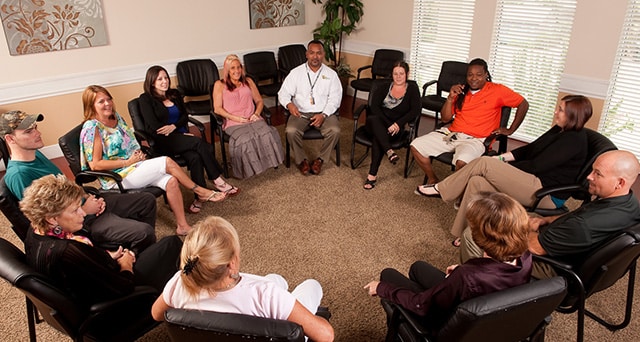
The physical withdrawal symptoms may fade, but the psychological aspects of addiction run deep. Without continued care after leaving drug detox treatment centers, the risk of relapse is high.
What Happens After Drug Detox?
Once you are medically stable, the real work of recovery begins by transitioning into comprehensive addiction treatment. This addresses the psychological, emotional, and behavioral patterns behind addiction. Common levels of care include:
- Residential Treatment (Inpatient Rehab): You live at a facility for 30-90+ days in a structured, therapeutic environment.
- Partial Hospitalization (PHP): You attend intensive therapy during the day and return home at night.
- Intensive Outpatient (IOP): You attend therapy several times a week for a few hours, allowing for more flexibility with work or family.
- Sober Living Homes: These are structured, substance-free residences that provide peer support and accountability after formal treatment.
To learn more about the role of therapy in these programs, explore our guide: Therapy in Addiction Recovery.
How Family Can Support a Loved One’s Recovery
Addiction impacts the entire family, and your support is crucial for your loved one’s success. Here’s how to help in healthy ways:
- Understand addiction as a disease, not a moral failing.
- Avoid enabling behaviors like making excuses or giving money for non-essentials.
- Participate in family therapy to improve communication and heal relationships.
- Set healthy boundaries to protect your own well-being and encourage accountability.
- Provide encouragement and celebrate small victories in their recovery.
If you or someone you know is in crisis, call or text 988 for the Suicide & Crisis Lifeline. For treatment referrals, call the National Helpline at 1-800-662-HELP (4357).
Call Now – Your Journey to Recovery Begins Today!

Take the first step towards a healthier life! Call now to connect with our compassionate team and start your recovery journey today. Your path to healing awaits!
Our recovery specialists are available 24/7 to provide support, and all calls are confidential and free. Reach out anytime – we’re here to help!
The Long-Term Benefits of Completing a Professional Detox Program
Choosing professional detox opens the door to lifelong benefits. You will experience improved physical and mental health as your body and mind begin to heal. Your risk of relapse decreases significantly, especially when detox is followed by comprehensive treatment. You’ll have the opportunity to rebuild damaged relationships and regain control over your choices, finances, and future. Most importantly, you build a stable foundation for lifelong sobriety, learning to live a life free from substance dependence.
Treatment works. People do get better. And it all starts with that first brave step into a drug detox treatment center.
Frequently Asked Questions about Drug Detox
It’s normal to have questions and fears when considering drug detox treatment centers. Here are some straightforward answers to common concerns.
Is detoxing at home a safe option?
No. We strongly advise against detoxing at home without medical supervision because it can be extremely dangerous. Withdrawal from alcohol and benzodiazepines can cause life-threatening seizures and delirium tremens (DTs). Even with other substances like opioids, the severe physical discomfort and overwhelming psychological distress often lead to immediate relapse or a mental health crisis.
Professional drug detox treatment centers exist to manage these risks. Medical staff can provide medications to ease symptoms, monitor your vital signs 24/7, and intervene immediately if complications arise. Choosing professional help isn’t a sign of weakness—it’s the smartest and safest way to begin recovery.
How long does drug detox typically last?
Most people complete the acute phase of detox in 3 to 10 days. However, the exact timeline is unique to each person and depends on several factors:
- The substance used: Alcohol withdrawal peaks quickly, while opioid withdrawal may last a week. Benzodiazepine withdrawal can be much longer.
- History of use: The duration and intensity of your substance use play a major role.
- Individual health: Your metabolism, age, and any co-occurring medical or mental health conditions will influence the process.
A medical team at a professional detox center will assess these factors to give you a personalized timeline.
Will I be in pain during detox?
Withdrawal is uncomfortable, but the entire purpose of medical detox is to keep you safe and minimize your suffering. You do not have to simply “tough it out.”
Modern drug detox treatment centers use a combination of approaches to manage discomfort:
- Medication Management: Doctors use medications like buprenorphine (for opioids) or Librium (for alcohol) to significantly reduce withdrawal symptoms and cravings.
- Comfort Care: Facilities provide a calm, supportive environment with nutritious meals and hydration to help your body heal.
- 24/7 Medical Monitoring: The clinical team is always on hand to adjust your care plan and respond to your needs immediately.
While you may not feel perfect, the experience in a professional setting is far more manageable and safer than detoxing alone. Most people find it was much less painful than they feared.
Your Next Step Starts Today
You’ve taken the time to understand what detox is and how it works. That knowledge is powerful, but what you do next is what truly matters. Starting is the hardest part—making the call and asking for help requires immense courage. But once you take that first step, the path becomes clearer and hope begins to grow.
Recovery is not just possible; it’s happening right now for thousands of people across the country. In Florida, California, Texas, New York, and every state in between, individuals just like you are beginning their journey at professional drug detox treatment centers and finding a life worth fighting for.
You don’t have to figure this out alone. At Addiction Helpline America, our mission is to walk alongside you. We offer confidential, judgment-free guidance 24/7. Our experienced advisors will listen to your story, answer your questions, verify your insurance, and connect you with a reputable treatment center that matches your specific needs.
The journey to lasting sobriety begins with a single, brave decision. Today can be that day. Reach out to us, and together we’ll help you Begin your journey with a professional detox program. Your future self will be grateful you did.
Our helpline is 100%
free & confidential
If you or someone you care about is struggling with drug or alcohol addiction, we can help you explore your recovery options. Don’t face this challenge alone—seek support from us.
Programs
Resources
Will my insurance
cover addiction
treatment?
We're ready to help
Find the best
drug or alcohol treatment
center
Are you or a loved one struggling with addiction? Call today to speak to a treatment expert.













